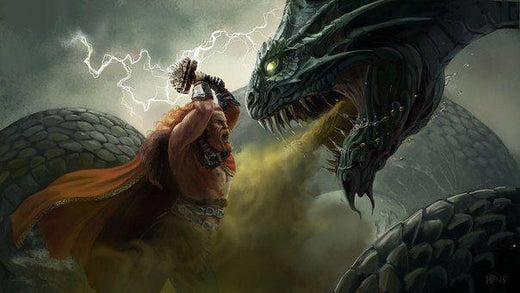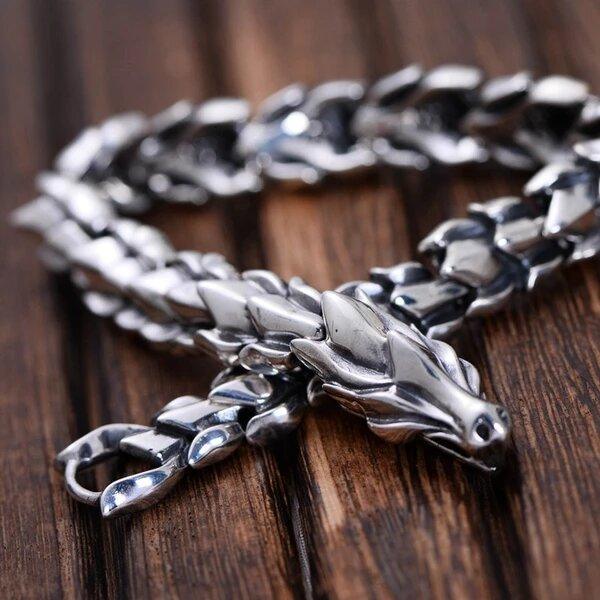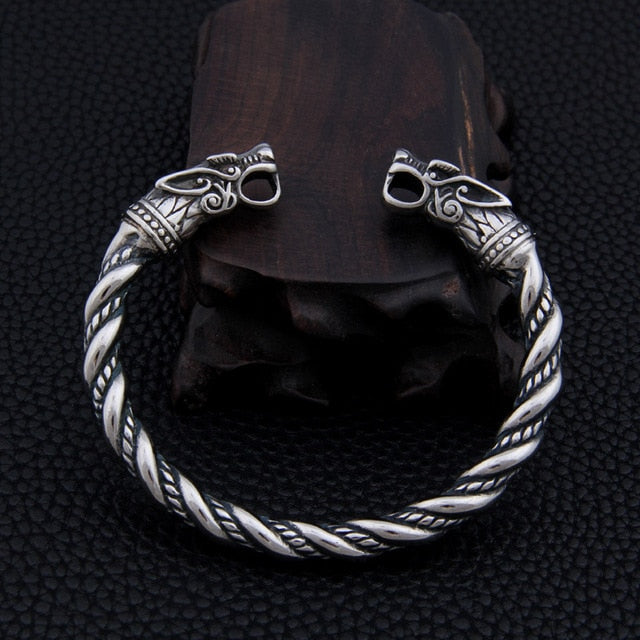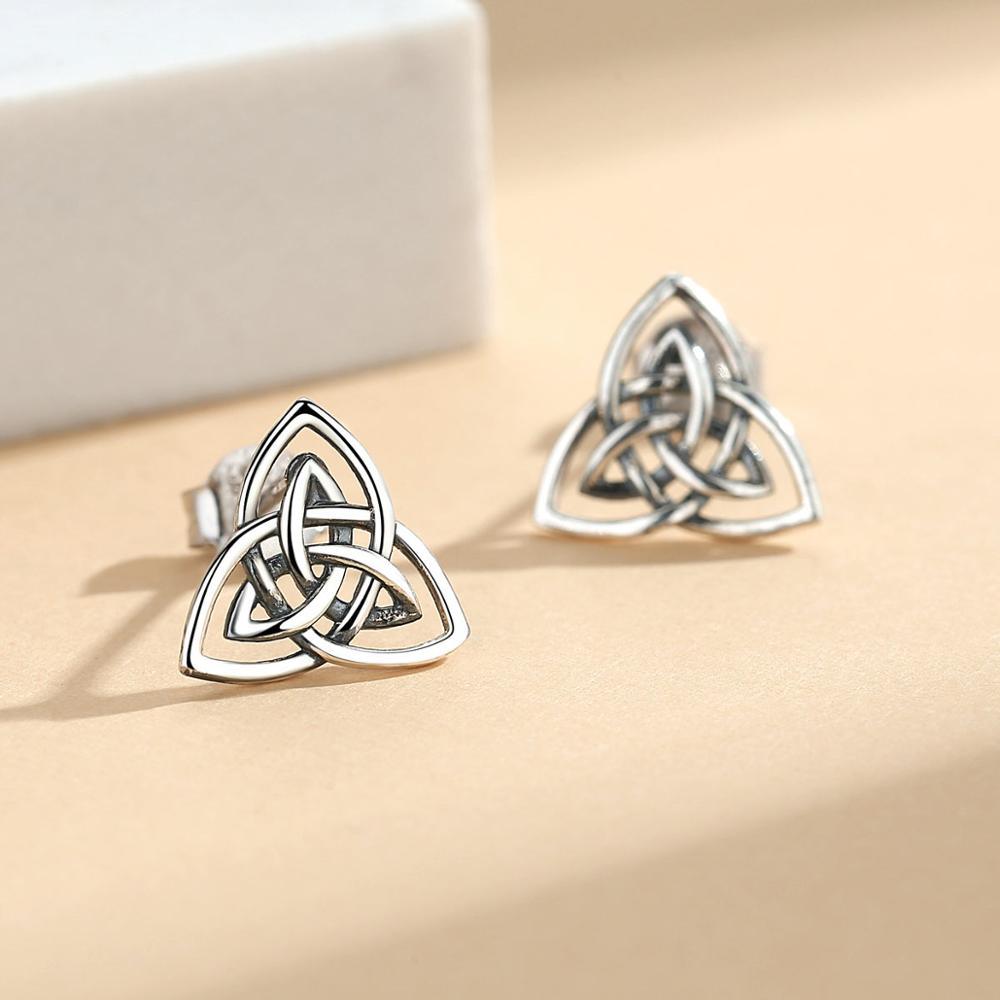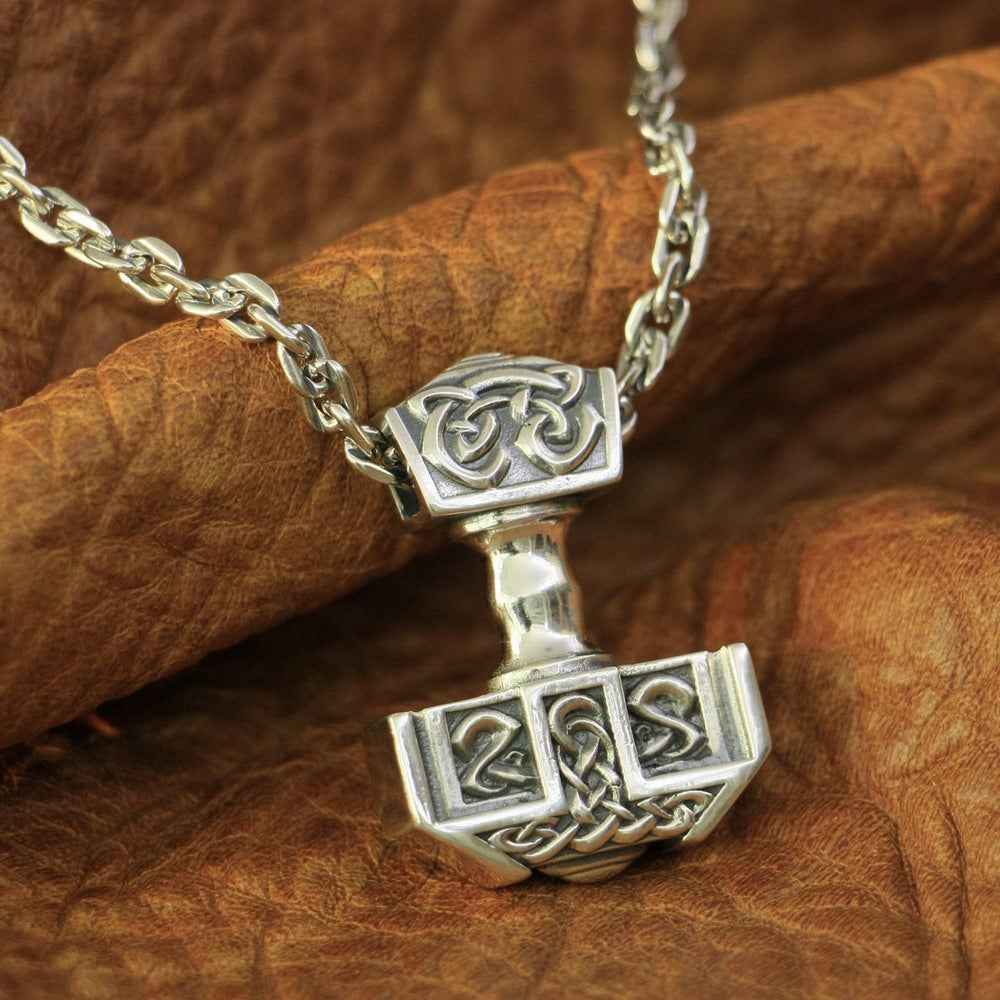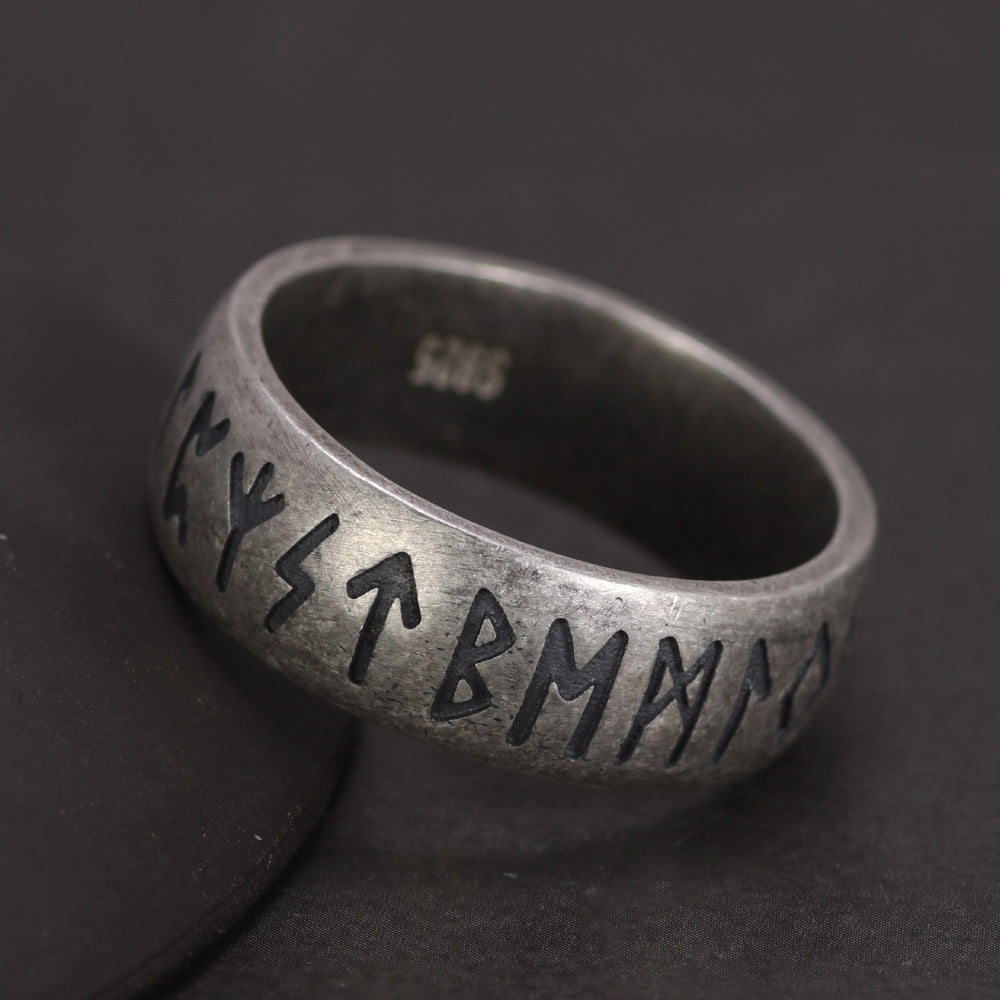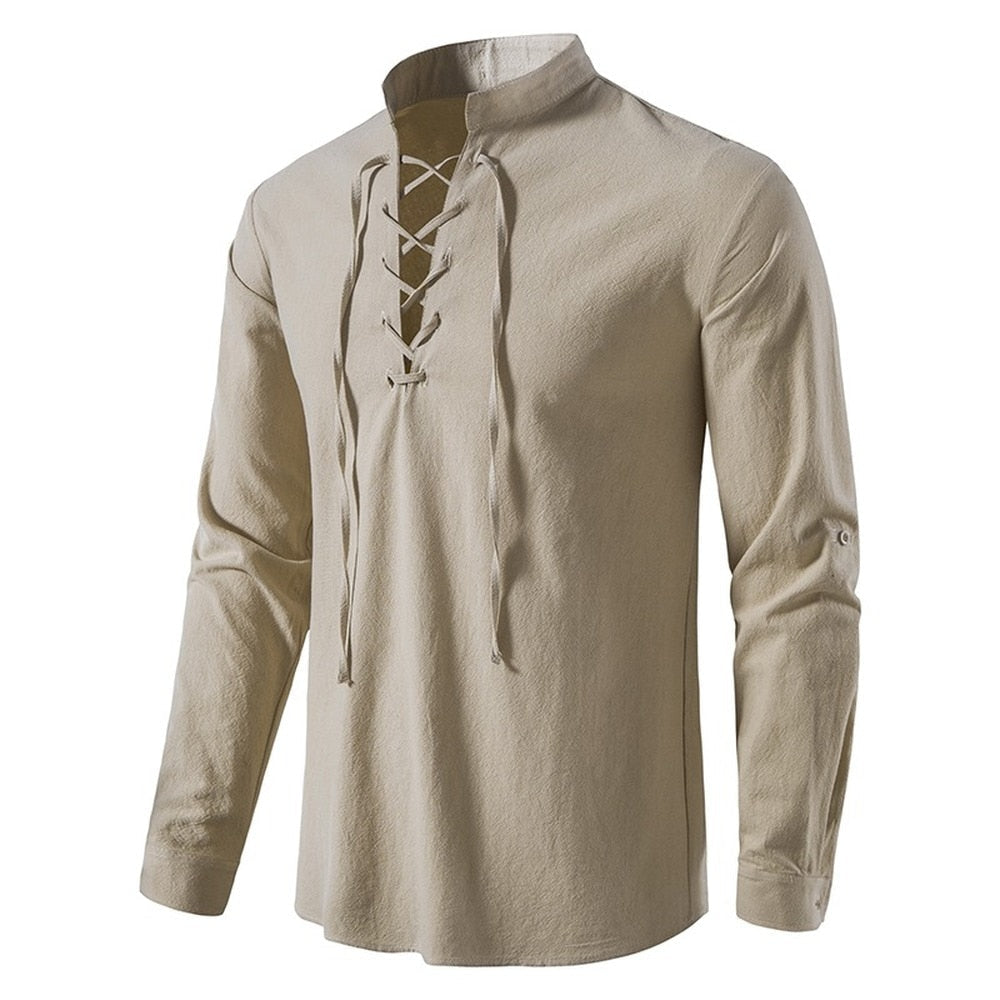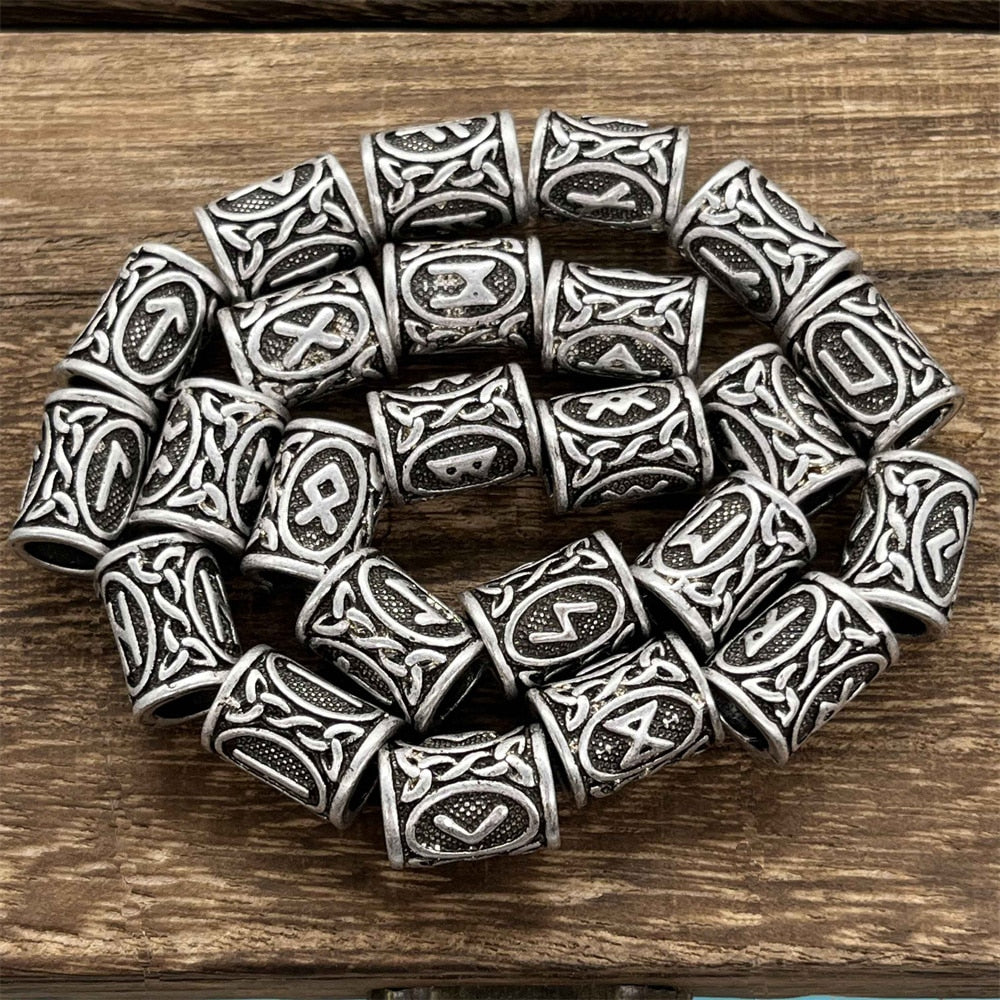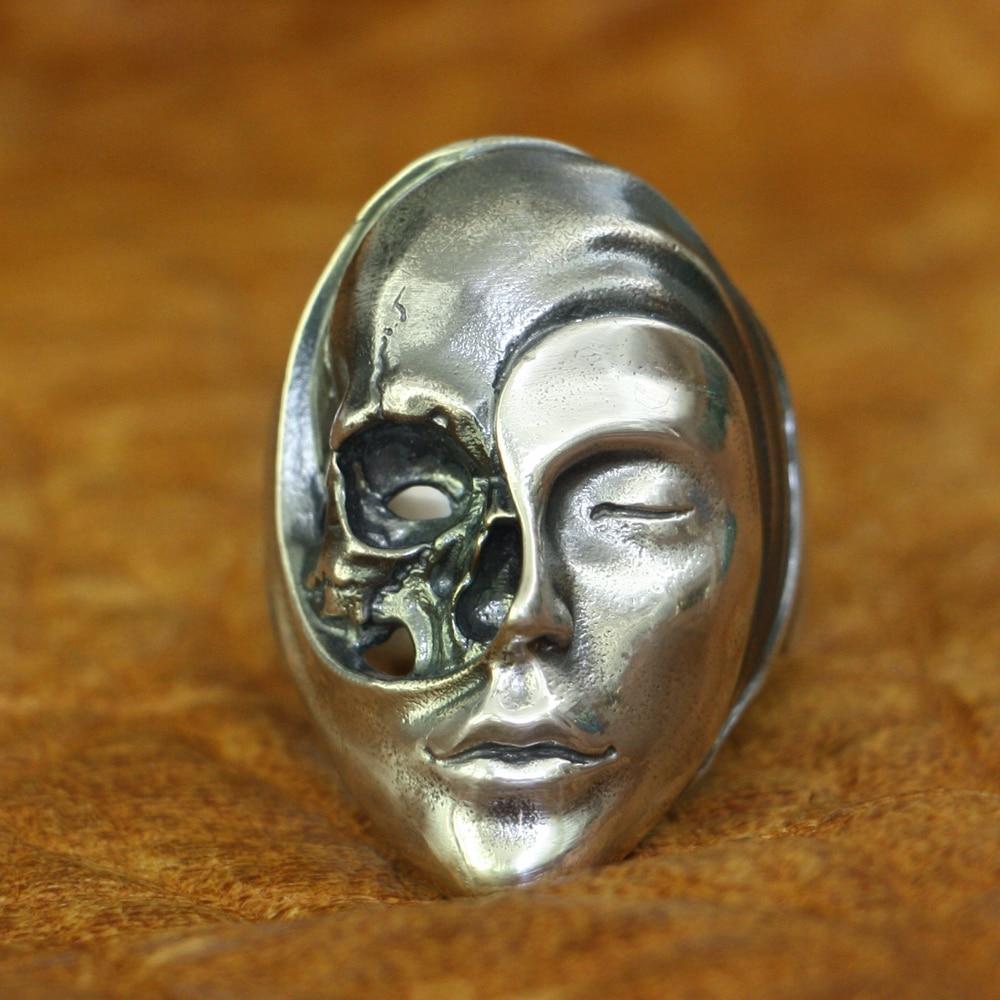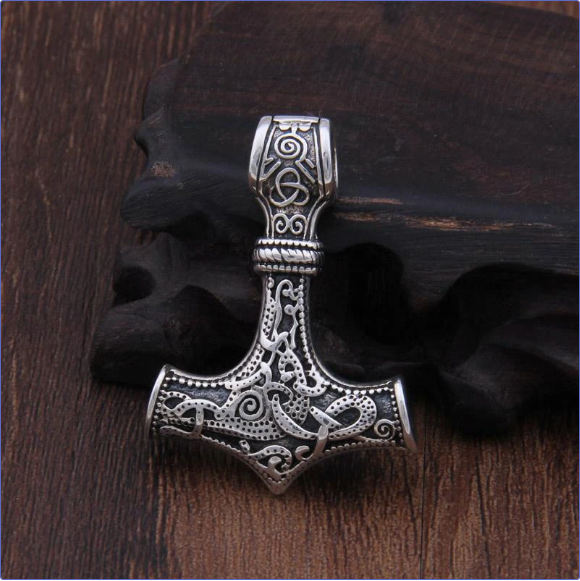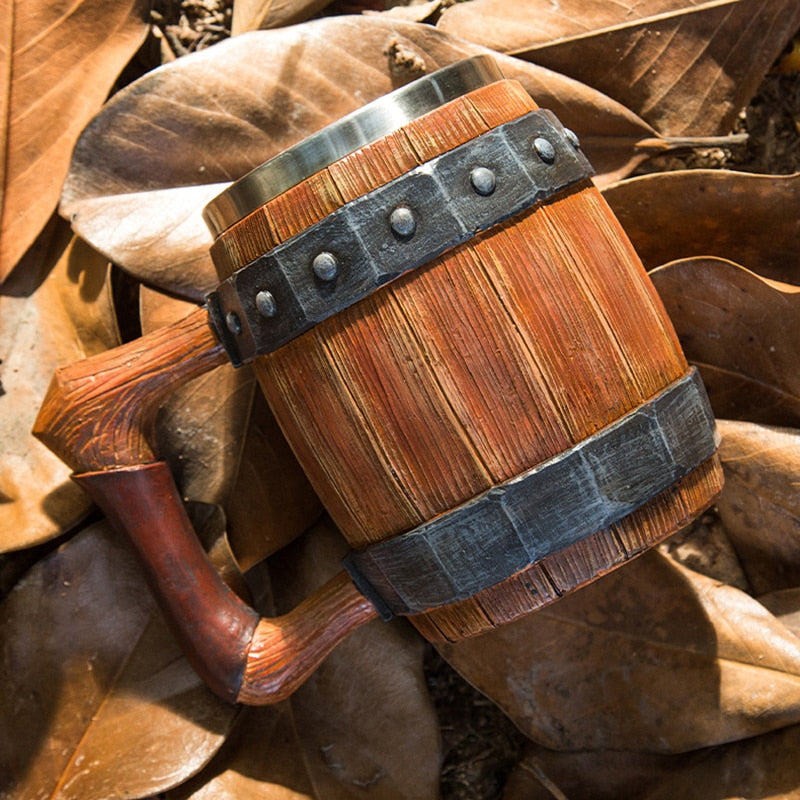Meaning “Fate of the Gods” in old Norse, Ragnarök is the end of days, the apocalyptic event when an age finishes. Ragnarök is a prophecy of what was to come, a detailed description of how the world would end. Yet, despite this foreknowledge, even the Gods were powerless to change their fate and prevent the impending doom.

The onset of Ragnarök will be heralded in by several signs. The first being the coming of the Fimbulwinter (great winter) that will see three successive winters ravage the earth, with no summers in between them. The harsh winter will bring endless snow from every direction, making food and resources scarce. Mankind will plummet into a world of conflict as the winter ravages the land. The lack of food and resources will cause great and terrible wars, where survival will be the only prize.
It will be a time when brothers will kill brothers, fathers will kill sons and the natural bonds of families will be torn apart, as the basic need to survive consumes the thin veneer of civilization, turning men into beasts.

While mankind sinks into senseless war, high above ground the wolves Skoll and Hati continue to chase after the sun and moon. They have been doing this since the dawn of time, but during Ragnarök, they will finally catch their prey.
When they do, the skies will darken and the stars will disappear. Great earthquakes will scour the land, with mountains toppled and trees felled. Amidst the unfathomable destruction, the large stone slab called Gjöll (Old Norse “scream") will break. This is the stone where the Great Wolf Fenrir was fettered with the unbreakable Gleipnir. With the breaking of the stone, the Great Wolf Fenrir will be unleashed upon the nine realms, with an unquenchable thirst for blood.
While Fenrir rages overland, from the depths of the seas another child of Loki will burst forth: Jörmungandr, the Sea Serpent of Midgard will awake from its slumber, causing the sea to swell and massive waves of catastrophic proportions to chastise the land. The devastation caused by these events will be massive, yet those are but the opening moves of the Ragnarök.
The tsunamis caused by Jörmungandr will break free of its mooring the ship Naglfar, a vessel made of human fingernails and toenails taken from dead men and women. The ship will be filled with an army of giants who can now sail easily over the flooded earth. At its helm will either be the Jotun Hrymr, or Loki.
Loki had been chained in a cave by the other Gods for the part he played in the death of Balder (Punishment of Loki). The events of Ragnarök will allow Loki to break free of his chains and join the others at the field of Vígríðr, in Asgard, to fight the Gods.

Benjamin Thorpe translation of the Völuspá says that the ship will carry the “peoples of Muspelheim”, the fire giants, while Henry Adams Bellows translation says that the ship carry “the peoples of Hel”, or the (un)dead. We believe the most correct translation to be Thorpe’s, but since Bellows view of a ship carrying the dead to battle again is so often used in today media, we decided to include it too.
As the Naglfar ship sails, Fenrir will run loose. With eyes and nostrils ablaze, the Great Wolf will try to satiate his thirst for revenge by opening his mouth so wide that his upper jaw reaches the sky whilst his lower one gouges through the earth and he will consume all that he can.
In the sea, Jörmungandr will not remain idle, and will spit venom across the realms, poisoning everything and killing all creatures of the sea.
Whilst the two creatures run rampant, the dome of the sky will split open and, from the crack, fire-giants from the realm of Muspelheim will burst forth. Leading them will be Surtr, waving a flaming sword said to be brighter than the sun. The fire-giants will assault Asgard through Bifröst, the rainbow bridge connecting the world of man to Asgard.
As the giants approach, the ever-vigilant guardian of Bifrost Heimdall will blow his mighty horn Gjallarhorn. The sound will be heard in all the realms and the Gods will realize the end of the world has come.
As the fierce giants cross the rainbow bridge, it will crumble behind them, separating the realm of the Gods from the rest of the cosmos. Some of the giants will fall to the depths, but there is to be no respite for the Gods, as the major part of the giant host will survive and head for the vast expanses of the field of Vígríðr in Asgard, where alongside Fenrir, Jörmungandr, Hrymr and Loki, they will face the Gods in a final battle.

The epic final battle is fast approaching and fate cannot be denied. But there is hope yet in the heart of the Allfather. There is still hope for the cosmos, even if the Gods have to die for it.
Next week, the conclusion!
Sources
Rudolf Simek (1993) Dictionary of Northern Mythology. Translated by Angela Hall. ISBN-10 0859915131
Jesse Byock (2005) Snorri Sturluson, The Prose Edda. 1st. edition. London, England: Penguin Books Ltd. ISBN-13 978-0-140-44755-2
Anthony Faulkes (1995) Snorri Sturluson, Edda. 3rd. edition. London, England: Everyman J. M. Dent. ISBN-13 978-0-4608-7616-2
Henry Adams Bellows (2004) The poetic Edda: The Mythological Poems, Mineola, New York: Dover, 2004, ISBN 9780486437101
